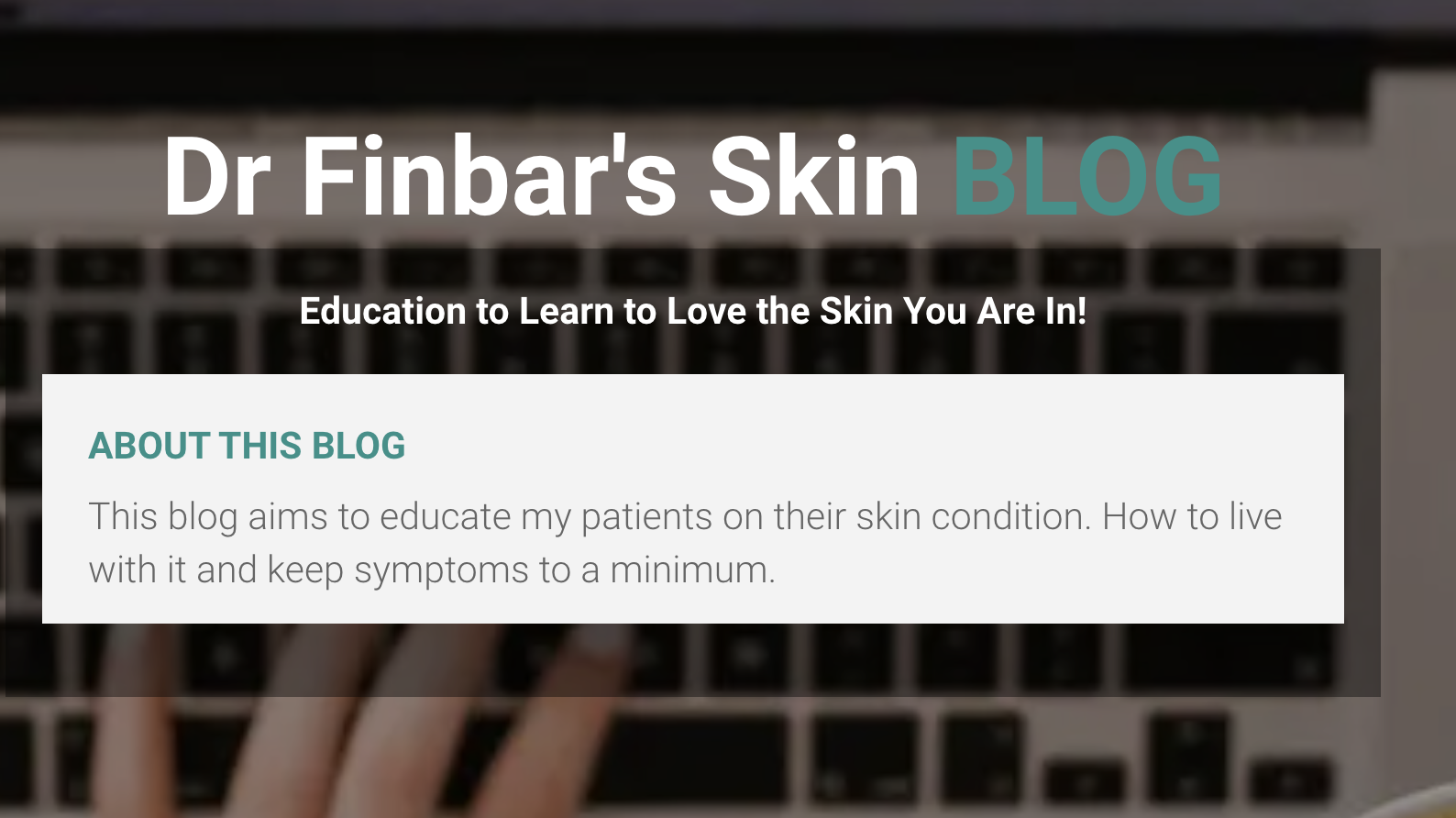How Stress Affects Your Skin: Understanding Cortisol and Skin Health
Many of us are familiar with the idea that stress can take a toll on our health—but did you know it can also affect your skin? The key player here is a hormone called cortisol—often referred to as the "stress hormone."
In this article, I’ll explain how cortisol works, how it helps (and harms) the skin, and what you can do to protect your skin and overall wellbeing.
What Is Cortisol?
Cortisol is produced by your adrenal glands in response to stress. It’s vital for survival and plays many roles in the body—from managing blood sugar to regulating your immune response. In short bursts, it’s incredibly useful. In fact, cortisol-based medications (like steroid creams) are often used to treat skin conditions such as eczema and psoriasis.
But when cortisol levels stay high for too long—due to chronic stress—it can start to harm rather than help.
Everyday Stress, Not Rare Disease
There is a rare condition called Cushing’s syndrome, where the body produces too much cortisol due to a glandular disorder. But that’s not what we’re talking about here.
What’s far more common is elevated cortisol caused by daily stress: poor sleep, worry, overwork, and unhealthy diet. These everyday pressures can keep cortisol levels high for long periods—and your skin may be one of the first places to show the effects.
How High Cortisol Affects the Skin
When cortisol stays elevated, it can lead to:
1. Accelerated Skin Ageing
Cortisol breaks down collagen and elastin—the proteins that keep your skin firm and elastic. Over time, this leads to wrinkles, sagging, and dullness.
2. Weakened Skin Barrier
Your skin barrier is like a protective shield. High cortisol impairs this function, making skin more dry, sensitive, and reactive to irritants.
3. Increased Inflammation
Chronic stress keeps the immune system switched on, fuelling ongoing inflammation. This worsens many inflammatory skin conditions.
4. Delayed Healing
Cortisol slows down tissue repair. Cuts and scrapes take longer to heal, and scars may be more likely to form.
5. Thinner, Fragile Skin
Over time, high cortisol can thin the skin, increasing the risk of bruising, tearing, and visible blood vessels.
6. Reduced Immune Defence
Cortisol suppresses the skin’s immune function, increasing the risk of infections—including bacterial, fungal, and viral skin infections.
Skin Conditions Worsened by High Cortisol
Cortisol affects different conditions in different ways:
-
Psoriasis: While short-term cortisol spikes may reduce inflammation, chronic stress can disrupt immune balance, leading to flare-ups.
-
Acne: High cortisol increases oil (sebum) production, which clogs pores and triggers breakouts—especially a few weeks after stressful events.
-
Eczema: Initial stress may ease symptoms briefly, but prolonged cortisol disrupts the skin barrier, causing irritation and flare-ups.
-
Rosacea: Cortisol affects blood vessels, increasing flushing and redness. Both physical and emotional stress can contribute.
Body-Wide Effects of High Cortisol
It’s not just your skin that suffers. Chronically raised cortisol levels can also lead to:
-
Weight gain, especially around the belly
-
Fatigue and muscle weakness
-
High blood pressure and headaches
-
Irritability, anxiety, and poor concentration
All of these issues feed back into your stress levels—creating a vicious cycle that can be hard to break.
Managing Cortisol for Healthier Skin
The good news? There are simple, evidence-based ways to help regulate cortisol naturally:
🧘♀️ Stress-Reduction Techniques
-
Try meditation, deep breathing, yoga, or simply getting out in nature.
-
Regular physical activity is a powerful tool to reduce stress hormones.
🗣 Talking Therapies
-
Consider counselling or cognitive behavioural therapy (CBT). The Psoriasis and Psoriatic Arthritis Alliance (PAPAA) offers a free online CBT programme.
💤 Prioritise Sleep
-
Quality sleep helps reset cortisol levels. Stick to a consistent sleep routine and aim for 7–9 hours each night.
🥗 Eat a Balanced Diet
-
Whole foods, fruits and vegetables, omega-3 fatty acids (from oily fish or flaxseed), and extra virgin olive oil all help support cortisol balance.
-
Avoid excessive sugar, caffeine, and ultra-processed foods.
🧴 Use Gentle Skin Care
-
Support your skin barrier with a simple routine: cleanser (if needed), moisturiser, and SPF during the day. Even plain Vaseline can be an effective barrier for dry skin.
When to Seek Medical Help
If you’re experiencing symptoms that suggest very high cortisol—such as severe weight gain, skin thinning, or muscle weakness—it’s important to speak to your doctor, as this may indicate a more serious condition like Cushing’s syndrome.
In Summary
Cortisol isn’t the enemy—it’s essential to our survival. But when stress becomes constant, cortisol stays elevated and can damage the skin, delay healing, and trigger or worsen common skin conditions.
By understanding how stress affects the skin and taking steps to reduce cortisol, you can protect not only your skin but your overall wellbeing.
If you're looking for more practical advice on managing stress-related skin conditions, I’ve created a range of videos and articles on eczema, psoriasis, acne, and more—so feel free to explore the blog and YouTube channel.
Share this post on:
Copyright © 2024 Dr Finbars' Skin Clinic All rights reserved.



